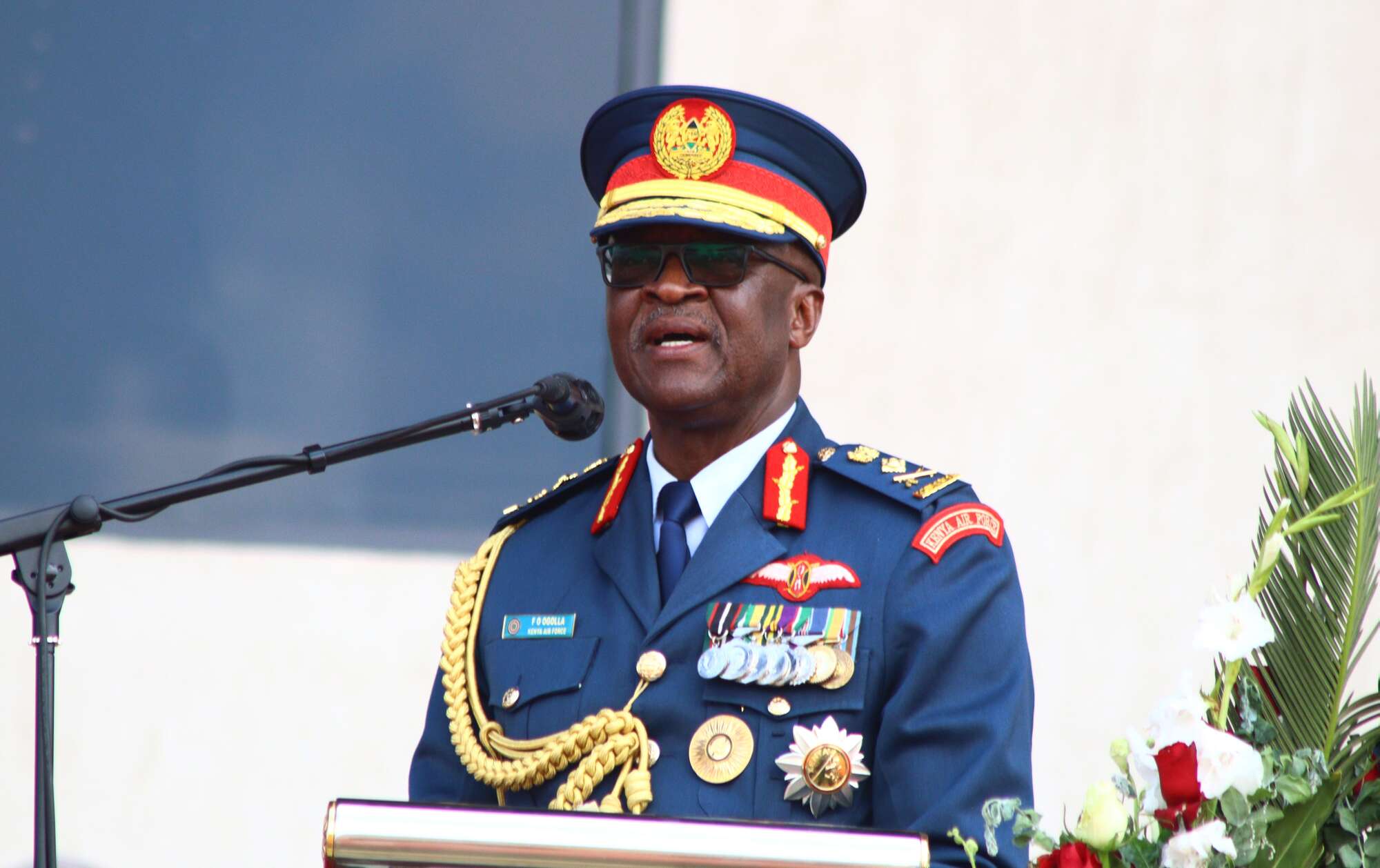Government asks court to protect polygamy
What you need to know:
According to Mr Kibuuka, the law governing marriage in Uganda recognises four types: customary marriage, church and civil marriage, Muslim marriage and Hindu marriage. Ugandans of consenting age had the option of choosing any of them.
Kampala
The state on Thursday moved to protect the principal that a man can have more than one wife.
The Attorney General’s office has responded to a petition seeking to nullify the practice of polygamy by arguing that polgymay is protected by the Constitution under Article 37.
The Attorney General’s defence of the practice that allows a man to marry more than one wife follows a petitioned filed by human rights group, Mifumi Uganda Ltd, on February 8, 2010 asking the Constitutional Court to declare that the practice violated the right to equality between men and women and therefore was unconstitutional.
But Attonery General Khiddu Makubuya stated in his response to the petition, that the law does not stop two consenting adults to choose the marriage of their choice.
He said polygamy was protected under Article 37 of the Constitution which gives everyone the right “to belong, practice, enjoy, profess and promote any culture, tradition and religion of his or her own choice.”
Dismiss with costs
The government asked court to dismiss with costs the petition, saying the law does not bar two consenting Adults to choose marriage of their choice.
The Attorney General’s response to Mifumi’s petition was supported by the affidavit of State Attorney Rashid Kibuuka who said the petition did not raise anything for Constitutional interpretation and should be dismissed forthwith.
According to Mr Kibuuka, the law governing marriage in Uganda recognises four types: customary marriage, church and civil marriage, Muslim marriage and Hindu marriage. Ugandans of consenting age had the option of choosing any of them.
However, their petition stated that polygamy was unconstitutional because it was discriminatory since a woman was not allowed to marry more than one husband.
The charity argued polygamy violated the dignity, welfare and interest of women and undermined their status, which was prohibited by the Constitution.
Ms Hala Elkarib, a Sudanese who swore an affidavit supporting the petition, stated she was Muslim and knew the legitimate practice of polygamy according to Islamic Sharia and Sunna law.
Quoting the Koran
She claimed some Muslim countries had developed their laws to limit polygamy. They included Djibouti, Tunisia, Morocco and Syria among others.
She contended polygamy was unconstitutional since it negated the principles of equality between men and women and demeaned the status of women.
“According to the Holy Koran, despite allowing polygamy, it is stated very clearly that a man who has more than one wife cannot be able to treat his wives in a fair manner because it is impossible to do so,” read part of her affidavit. According to her, polygamy amongst the Muslims was based on an Islamic marriage contract which allowed women to dictate their terms and conditions, meaning someone can dictate not to remain in the marriage.
She said the Marriage Act, the Marriage and Divorce of Mohammedans Act and other marriage laws in Uganda discriminated against women and therefore Parliament should amend them.
A Mr Patrick Ndira also swore an affidavit in support of the petition stating all laws in Uganda relating to marriage were discriminatory against women.
It is his contention that polygamy was a burden to women and children because it tended to divide them, unlike monogamy where there was unity.



